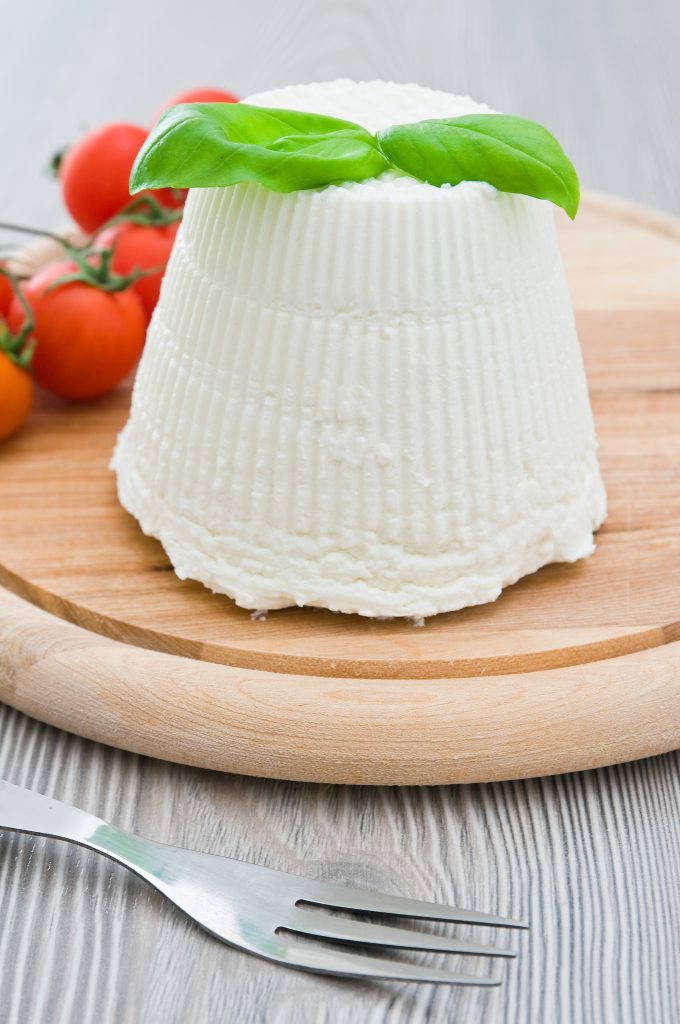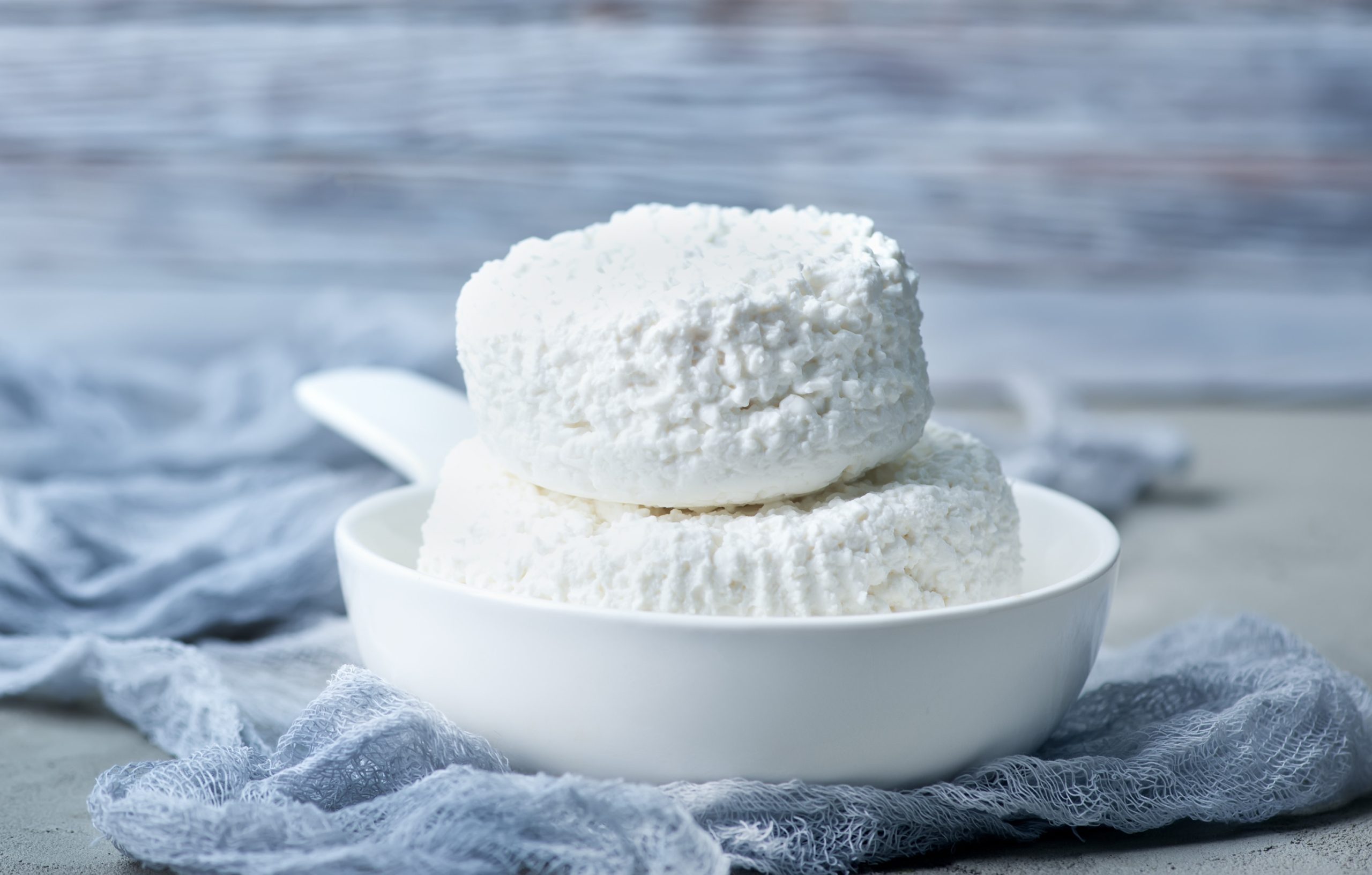For those managing gout, diet plays a crucial role in controlling symptoms. Many people wonder about cheese and its effects on uric acid levels. Lower-purine cheeses, such as Ricotta and Fresh Chèvre, can be good options for gout sufferers.
While not all cheeses are created equal, some varieties offer nutritional benefits without raising uric acid levels significantly. From creamy Brie to flavorful Feta, knowing which cheeses to include in meals can help individuals maintain a balanced diet while managing their condition.
This article will explore acceptable cheese choices and provide tips on how to enjoy them without compromising health. Readers will find key information to make informed decisions about their cheese intake in relation to gout.
Understanding Gout and Diet
Diet plays a crucial role in managing gout. Certain foods can either help reduce the risk of gout attacks or trigger symptoms. Knowing which foods to choose is essential for effective gout management.
Role of Diet in Gout Management
A well-planned diet can help lower uric acid levels in the body. This is important because high uric acid can lead to gout attacks. Foods low in purines are typically easier on the body. Dairy products, especially low-fat options, have been linked to lower uric acid levels.
Incorporating fruits and vegetables into the diet is also beneficial. Many of these foods provide essential vitamins without raising uric acid levels. Staying well-hydrated is key, too, as water helps to flush out excess uric acid.
High-Purine Foods to Avoid
Certain foods are high in purines and should be limited or avoided entirely. Foods such as red meat, organ meats like liver and kidneys, and some seafood, including anchovies and sardines, contain high levels of purines.
It’s also wise to limit sugary drinks and foods, as they can raise uric acid levels. Alcohol can exacerbate gout symptoms, especially beer. Instead, focus on low-purine options like chicken, turkey, and refined carbohydrates in moderation.
Being mindful of food choices can significantly impact gout management and overall health.
Cheese and Gout
Individuals managing gout often wonder about the role of cheese in their diet. Certain cheeses can be suitable, while others may not be as advantageous. Understanding the categories of cheese and their purine content is crucial for making informed choices.
Cheese Categories and Purine Content
Cheese varies significantly in purine content. Low-purine cheeses are better for those with gout. Some examples of low-purine cheeses include:
- Ricotta
- Fresh Chèvre
- Mozzarella
These options can fit well into a gout-friendly diet. On the other hand, aged cheeses tend to have higher purine levels and should be consumed in moderation.
When selecting cheese, portion size matters. Consuming 1-2 ounces daily is typically recommended. Balance it with other low-purine foods to maintain a healthy diet.
Effect of Dairy on Uric Acid Levels
Dairy products, including cheese, can influence uric acid levels in the body. Studies indicate that low-fat dairy options can help reduce uric acid levels.
This is beneficial for gout management. Yogurt and kefir are also great dairy additions that provide probiotics, aiding in digestion.
On the contrary, high-fat dairy may not offer the same advantages. Individuals should choose low-fat versions whenever possible. By incorporating the right types of dairy, they can create a balanced diet while managing gout effectively.
Recommended Cheeses for Gout
Choosing the right cheeses is important for managing gout. Lower purine options, along with mindful portion sizes, can help reduce the chance of a gout flare-up.
Low-Fat Cheeses
Low-fat cheeses are excellent choices for those managing gout. They are lower in purines, which can help minimize symptoms. Some recommended low-fat options include:
- Cottage Cheese: This is a creamy, mild cheese that is low in purines and high in protein. It can be eaten plain or mixed with fruits for added flavor.
- Ricotta Cheese: Soft and slightly sweet, ricotta is another good option. It can be used in savory dishes or desserts.
- Skim Mozzarella: This is a versatile cheese that works well in salads, pizzas, or on its own.

Moderate-Portion Cheeses
In addition to low-fat cheeses, some moderate-portions can still fit into a gout-friendly diet. The key is to keep the serving size small. A few suitable options include:
- Chèvre (Goat Cheese): This cheese is often lower in purines than many other types. A small portion can add a creamy texture to salads.
- Feta Cheese: With its salty flavor, feta can enhance salads and Mediterranean dishes. Limited servings are recommended to maintain a low purine intake.
- Hard Cheeses: Varieties like Parmesan contain fewer purines. These can be sprinkled on meals for extra flavor without consuming large amounts.
By focusing on these cheeses, individuals can enjoy dairy without worsening their gout symptoms.
Cheese Alternatives and Substitutes
People managing gout can consider various cheese alternatives that are lower in purines. These options may help reduce the risk of gout attacks while still satisfying cheese cravings.
1. Cottage Cheese
This cheese is low in purines and protein-rich. It can be added to salads or eaten with fruit.
2. Skim Mozzarella
Another good choice, skim mozzarella offers flavor with fewer purines. It can be used in sandwiches or melted on dishes.
3. Ricotta Cheese
Ricotta is creamy and versatile. It can be used in both savory and sweet recipes, making it a great substitute.
4. Fresh Chèvre
This goat cheese has lower purine content. It works well in salads or spreads.
5. Plant-Based Cheeses
Many dairy-free cheeses are available today. These are often made from nuts or soy, providing alternatives for those who want to avoid animal products.
Nutritional Benefits
These alternatives often provide essential nutrients like calcium and protein. They fit well in a balanced diet and can support overall health.
Choosing the right cheese substitute can make meals enjoyable while being mindful of gout management. Replacing traditional cheeses with these options can lead to a healthier lifestyle.
Nutritional Considerations for Gout Sufferers
Managing gout involves paying attention to diet and nutrition. A balanced diet can help control uric acid levels and prevent flare-ups. Additionally, some supplements may support overall health while addressing specific dietary needs.
Importance of Balanced Diet
A balanced diet is essential for gout sufferers. Foods low in purines can help maintain lower uric acid levels.
Recommended Low-Purine Foods:
- Fresh fruits and vegetables
- Whole grains
- Low-fat dairy products
Low-fat dairy products, such as certain cheeses, may be beneficial. They tend to be lower in purines compared to meat and seafood.
Staying hydrated is also crucial. Drinking plenty of water helps dilute uric acid in the blood.
Foods to Avoid:
- Red meats
- Organ meats
- Shellfish
- Sugary drinks
Avoiding high-purine foods can significantly reduce the risk of gout attacks. Keeping a food diary can also help identify triggers and adjust the diet accordingly.
Supplements and Gout
Some supplements may provide additional support for managing gout. Vitamin C is known to help lower uric acid levels.
Helpful Supplements:
- Vitamin C: May help reduce uric acid levels in the blood.
- Omega-3 fatty acids: Can promote heart health and may reduce inflammation.
It’s essential for gout sufferers to consult with a healthcare provider before starting any new supplements. Some might interact with medications or worsen symptoms.
Staying informed about nutritional needs can empower individuals to take charge of their health while managing gout effectively.
Lifestyle and Dietary Modification Strategies
Managing gout involves making specific lifestyle and dietary changes. These adjustments can help reduce uric acid levels and lessen the risk of gout flare-ups.
1. Choose Low-Purine Foods
Selecting foods low in purines is key. Cheese options like Ricotta and Fresh Chèvre are suitable choices. They contain fewer purines, making them safer for gout sufferers.
2. Limit High-Purine Foods
Avoid foods high in purines, such as:
- Red meats (beef, lamb, pork)
- Certain seafood (anchovies, sardines, shellfish)
These foods can raise uric acid levels and trigger gout attacks.
3. Stay Hydrated
Drinking plenty of water helps flush out uric acid. Aim for at least 8-10 cups of water daily. Reducing sugary drinks is also beneficial.
4. Incorporate Dairy Products
Low-fat dairy products like yogurt and kefir can be beneficial. They provide essential nutrients and may help lower uric acid levels.
5. Maintain a Healthy Weight
Losing excess weight can lower uric acid levels and reduce stress on joints. A balanced diet combined with regular exercise is important for long-term weight management.
6. Limit Alcohol Intake
Alcohol, especially beer and spirits, can increase uric acid production. Limiting alcohol can help reduce the frequency of gout attacks.
These strategies can significantly help in managing gout effectively.
Safe Cheese Consumption Practices for Gout
Cheese can be included in a diet for managing gout, but moderation is important. Here are some safe practices to follow:
- Choose Low-Purine Cheeses: Options like Ricotta and Fresh Chèvre are lower in purines and are better choices.
- Limit Quantity: Aim to consume about 1-2 ounces of cheese per day. This helps keep uric acid levels in check.
- Pair with Low-Purine Foods: Combining cheese with vegetables or whole grains can create a balanced meal.
- Consider Fat Content: Lower-fat cheeses, such as feta and mozzarella, may be suitable as they are generally lower in purines.
- Avoid High-Purine Cheeses: Cheeses like Blue Cheese have higher purine levels and should be limited. Brie also tends toward lower levels but should be enjoyed cautiously.
- Pay Attention to Portions: Keeping serving sizes small makes a difference. A small amount can still add flavor to meals without increasing uric acid levels.
By following these safe cheese consumption practices, individuals managing gout can enjoy cheese while keeping their health in focus.

